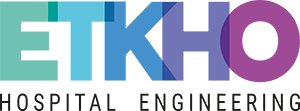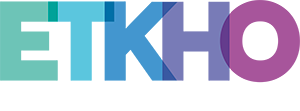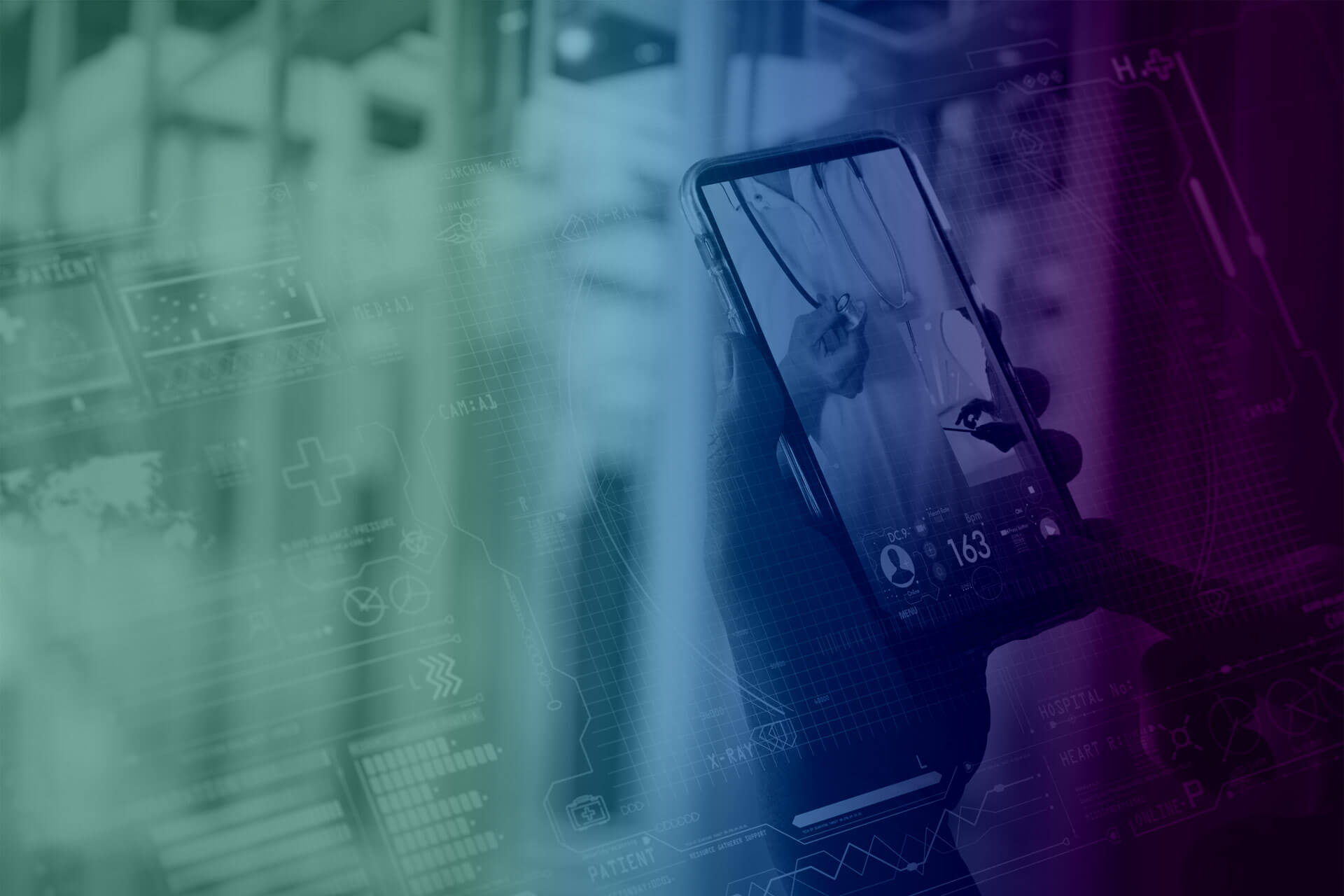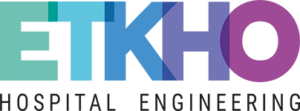Thanks to technology, medicine is becoming more efficient every day and allows us to take better care of people’s health. At the same time, advances in technology make life easier for medical professionals, reducing waiting lists or human error. Artificial intelligence, big data, mobile applications for health … new technological advances in medicine have arrived to improve our lives and the health of all people.
Technology evolves and advances so fast that humanity will always lag behind. We have not finished implementing new technological advances in medicine, when new revolutionary trends are already emerging.
In the field of health, any technological innovation is focused on improving the lives of patients at the same time as facilitating the work carried out by medical specialists. For this reason, when we talk about new technologies in the health sector, we can mention everything from mobile applications to big data, through medical software that changes the way of doing science as well as developing medicine.
Benefits of new technologies in medicine
There is no doubt that technology in medicine… saves lives, improves health and makes it easier for the health system to function more efficiently and sustainably. For all these reasons, medical technology has a whole series of advantages for both patients and medical professionals.
In recent decades there have been great technological advances in medicine thanks to which, among other things, it has been possible:
- Offer and obtain diagnoses of a patient much more quickly and accurately.
- Develop much more effective and personalized medical treatments.
- Facilitate research and conduct of more complex clinical studies.
On the other hand, the great economic advantages of technology in the field of health should not be overlooked.
“Technology in medicine saves lives, improves health and makes it easier for the health system to function more efficiently and sustainably.
In addition to making the health system more efficient, other great advantages of technological innovation in health is that it is a financial asset with great potential to generate economic benefits.
For all these reasons, companies around the world, governments, startups, etc. work to promote technological advances in health, not only to improve people’s lives through innovative techniques, but also as a way to generate wealth, employment, etc.
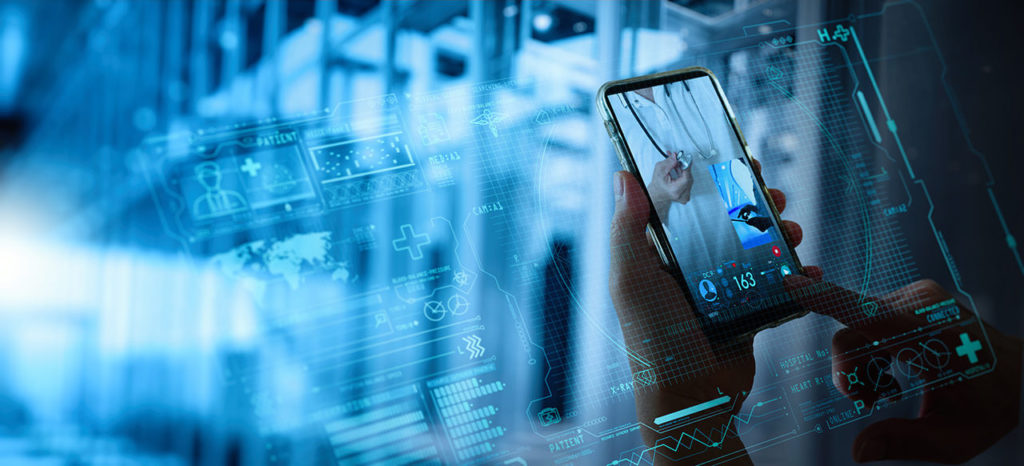
Technological innovation for the health sector in 2021
During the pandemic, we have seen how the health field has taken an important leap to digitize medicine and be able to care for patients even when confined. 2020 has been the year of telemedicine, the impetus that the sector lacked to take its digital transformation one step further.
Mobile apps
With the appearance and increase of more and more mobile applications related to health, the mHealth concept has also become popular. The World Health Organization (WHO) defines it as “the practice of medicine and public health supported by mobile devices such as telephones, patient monitoring devices, digital assistants and other wireless devices.”
The concern for leading a healthy lifestyle together with the intensive use of smartphones that we do today has led to the development of countless mobile applications for health care. From apps to play sports or manage your weekly diet to other applications that allow you to monitor diseases such as diabetes or epilepsy.
In 2020, in addition, we have also seen how mobile applications were used to fight against the coronavirus by monitoring infected people and also offering medical assistance through smartphones. Ultimately, the pandemic has driven development and new technological advances in medicine and will continue to do so throughout 2021.
Robotic Process Automation (RPA)
It consists of automating, through business software, medical care. In this way, it is possible to establish categories, schedule appointments, add data and perform medical administration procedures in a much more agile, fast and efficient way.
Smart cities
We could think that smart cities have nothing to do with the healthcare sector. However, smart cities use technology to improve people’s lives and obtain data on the health status of the population. For example, through mobile phones or sensor networks, it is possible to better manage population density or reduce pollution, aspects that undoubtedly have an impact on the environmental health of a society.
Telemedicine
The leap that virtual healthcare has made during the pandemic will never go back. To avoid possible infections, a year after the first wave of the coronavirus, many health centres still carry out the first consultation online or by phone.
In this context, it should also be noted that confinement has led to an increase in mental health problems such as anxiety, depression or insomnia. In most cases, mental health support will be virtual.
Other new technologies
Beyond the technological advances in medicine that have taken place in 2020 and are expected in 2021, there are also some innovative technologies that have been present in the health sector for years.
Artificial intelligence
When we talk about artificial intelligence in the healthcare field, we find two applications:
- Artificial intelligence for the treatment and processing of data: facilitates the creation of solutions through an algorithm that is applied to medical care. In other words, the algorithm works like a neural network, as if it were a brain, thus achieving probability analysis based on the data it is studying and, consequently, offering alternatives to treatments or recommending the most suitable one.
- Artificial intelligence for image or visual pattern recognition software. In this case, deep learning offered by artificial intelligence is used so that the technology can recognize patterns, compare and store thousands of images and give a diagnosis as fast as it is accurate.
Big Data
Big data has marked a before and after throughout the world and in all sectors, also in healthcare and hospitals. Thanks to big data, hospitals and health centres have improved and modernized their clinical management, offering much more effective patient care and speeding up time when making diagnoses.
Thanks to big data it is possible to:
- Improve communication between different departments or medical centres. If years ago the patient had to take the printed X-ray to the doctor, today the doctor receives it instantly on his computer.
- Facilitate and improve decision-making.
- Save the cost of buying new devices since updating any software for medical use, and any software in general, is usually the responsibility of the provider.
- Streamline and make the patient’s medical history more accessible.
- Identify new needs and priorities in health care.
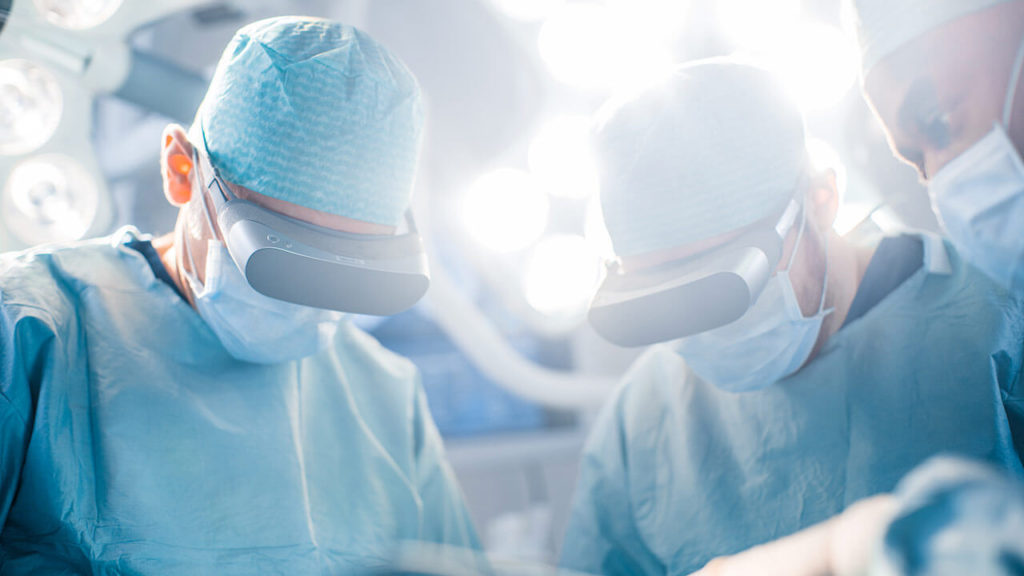
Augmented reality
Although augmented reality is more associated with sectors such as, for example, video games … augmented reality is also being used in the training of medical professionals. Thanks to this technology, for example, MRI data is taken and transformed into 3D images that students use to study and see how the patient’s organs interact as if they were real objects.
3D printing
3D printing also has an application in the world of health. For example, it is used to create personalized medications for each patient based on their age, gender, etc. But also to create prostheses for, for example, people who are missing a leg or arm.
Cybersecurity and hospital electrical safety
The new technological advances in medicine are an improvement for people’s health and for medical care, but they have also brought to the table the need for two fundamental aspects.
First, have more cybersecurity to protect patient data. And, secondly, to have a hospital electrical safety system that guarantees the operation of all medical equipment and critical areas under any circumstance.
